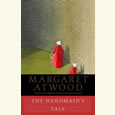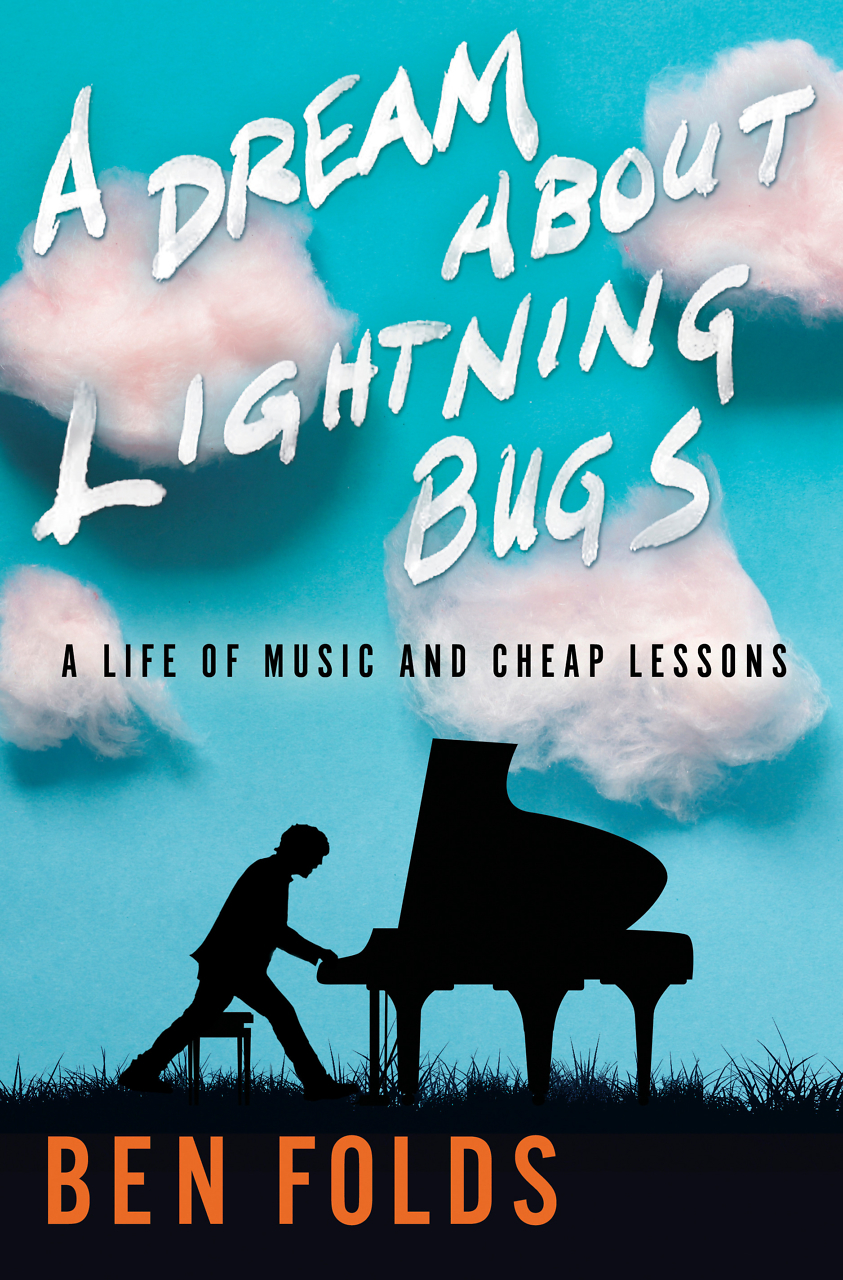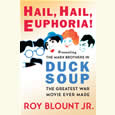Infinite Little Island
Playworld, a new novel by Adam Ross, observes a year in the life of a Manhattan teenager
Griffin Hurt’s name is a misnomer. The protagonist of Adam Ross’ new novel, Playworld, Griffin has a loving family, attends a tony Manhattan prep school, and, as the star of a television show, possesses distinction among his peers. He’s handsome, talented, and popular; if his grades aren’t stellar, who can blame him? Griffin confronts questions common to 15-year-olds — Who am I? Who will love me? – but he does so from a privileged foundation.
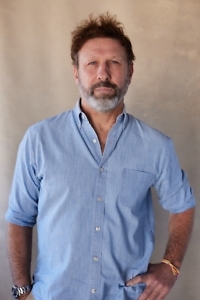
Plus, he’s living in the world’s greatest city at a time, 1980-81, when its gritty allure hasn’t been sanitized and Disneyfied. Ross, the editor of The Sewanee Review, offers impressions of New York that recall Nick Carraway’s sensing the city’s emanation of “non-olfactory money.” Young Griffin, crossing back into Manhattan from Long Island, “caught glimpses” of high-rise “luxurious apartments.” “They were each a promise of some greater future in which you might revel in height, in roominess,” Griffin says. “Even now, when I find myself returning to New York after a long absence, I feel that same thrill.” He and younger brother Oren and their friends roam the midtown streets like young lords, “living in our tiny world on that infinite little island.”
Though Griffin’s life is charmed, he still finds himself in baffling situations. The relationship between his artistic parents — mother Lily a dancer, father Shel an actor — appears to be intimate (Shel buys Lily lingerie for Christmas), yet their daily lives are separate and their emotional turmoil inscrutable. “Why does Mom sometimes slur her words at night?” Griffin wants to ask his father. “Why does Mom say none of your friends are her friends?” Feeling lingering guilt about causing a fire that destroyed their apartment years ago, Griffin sees a therapist but makes little progress. Playworld illustrates the truth that one gains wisdom only by making one’s own mistakes. By that measure, Griffin is on the path to true profundity.
Among the pickles he wanders into is his peculiar, clandestine affair with Naomi Shah, a family friend whom he begins meeting after school. In her Mercedes, they drive to empty parking lots bordering the Hudson River, where they talk and touch, their stolen hours existing in the gray area between affection and sex. Naomi caresses him and calls him “my sweet boy”; Griffin doesn’t know how to reply. When their relationship, whatever it is, runs its course (for now), he feels ambivalent about their parting. He knows their backseat fondling is unseemly (or worse) but soon misses her attention. No matter — soon enough Griffin finds himself an age-appropriate object for his burgeoning desires.
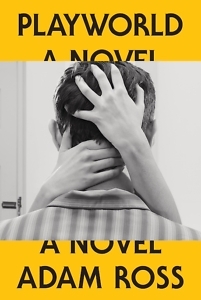 Ross’ episodic bildungsroman is replete with telling details that track Griffin’s steps to maturity. He struggles with the adult burdens of the television schedule, surrendering his summers to the grind of 12-hour days on set, yet he’s also a child who on an empty bus grabs the straps and pretends he’s flying down Columbus Avenue. The novel’s set pieces, including Thanksgiving dinner in New York and Christmas with relatives in Virginia, provide a sensory richness, a lived-in feeling that augments our sympathy for the often-hapless protagonist. Griffin knows he shouldn’t eat those extra slices of cream chipped beef on toast, not during wrestling season, but he can’t resist the temptation.
Ross’ episodic bildungsroman is replete with telling details that track Griffin’s steps to maturity. He struggles with the adult burdens of the television schedule, surrendering his summers to the grind of 12-hour days on set, yet he’s also a child who on an empty bus grabs the straps and pretends he’s flying down Columbus Avenue. The novel’s set pieces, including Thanksgiving dinner in New York and Christmas with relatives in Virginia, provide a sensory richness, a lived-in feeling that augments our sympathy for the often-hapless protagonist. Griffin knows he shouldn’t eat those extra slices of cream chipped beef on toast, not during wrestling season, but he can’t resist the temptation.
The wrestling scenes create the same mixed feelings Griffin experiences with Naomi. He appreciates the confidence bestowed on him by Coach Kepplemen but feels uneasy about their private sessions. In Griffin’s free periods, Kepplemen leads him to a basement, where they grapple in the semi-dark. “I experienced no fear of being overmatched or overwhelmed,” Griffin says, “but I suffered instead the vague, humiliating sense of being subjected,” a discomfort that intensifies when Kepplemen’s genitals break loose from his shorts.
Griffin feels more comfortable, marginally, on the set of his television series, Nuclear Family, where he plays Peter Proton in a clan of scientists/superheroes. Ross removes the glamour from Griffin’s time at NBC studios. He is tormented by makeup artists and production assistants and finds no camaraderie with cast members. Their shooting schedule spills into the fall, forcing Griffin to spend mornings on set and then race to school, where he falls behind in every class. His only relief comes in moments when the cameras roll. A natural actor, he feels at ease speaking scripted lines and responding to invented catastrophes. It’s the real world that gives him fits.
Playworld offers a nostalgic retrospective of the time when Americans debated the Carter-Reagan election and grabbed the gusto of Schlitz beer. Griffin’s family registers the shocks of John Lennon’s assassination and the Iran hostage crisis, darkness balanced by disco frolics and Griffin appearing with Muhammad Ali on Candid Camera. A year in the life of an amiably blinkered young man, Ross’ novel captures the phase when the adult world seemed as close as the next subway stop.

Sean Kinch grew up in Austin and attended Stanford. He earned a Ph.D. from the University of Texas. He now teaches English at Montgomery Bell Academy in Nashville.
